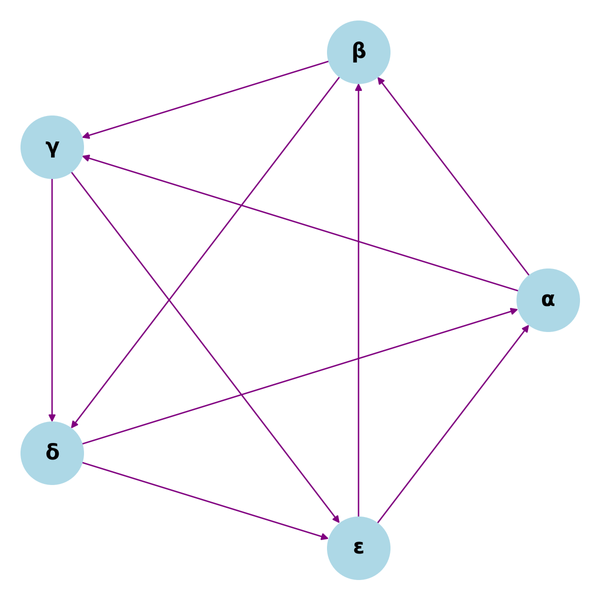Top 8 DevOps tools for a Beginner DevOps Engineer

Even though there are a lot of popular DevOps tools, here are a few to get started in the realm of DevOps:
- Git - Git is a free and open-source distributed version control system designed to handle everything from small to very large projects with speed and efficiency. To get started with git, check out my other post,


2. Terraform - Terraform is an infrastructure as code (IaC) tool that allows you to build, change, and version infrastructure safely and efficiently. This includes both low-level components like compute instances, storage, and networking, as well as high-level components like DNS entries and SaaS features.

3. Ansible - let's assume you have 100 servers to manage and you have to update the OS in all the servers. One way of approach is you can login into each server and run a script. the other option is you can use Ansible to do a job all at once. Ansible Automation Platform is a foundation for building and operating automation across an organization. The platform includes all the tools needed to implement enterprise-wide automation.

4. Jenkins - Jenkins is a self-contained, open-source automation server that can be used to automate all sorts of tasks related to building, testing, and delivering or deploying software. There are other popular tools like Travis CI, Circle CI, GitHub Actions, etc., But Jenkins is still widely used.

5. Linux - Linux is the world's most popular open-source Operating System. Command-line navigation like changing current working directories, copying or moving files around, deleting files/directories, etc., is one of the basic essential Linux skills to know as a DevOps engineer or for any IT role.

6. Amazon Web Services - Amazon Web Services also known as AWS is the world’s most comprehensive and broadly adopted cloud platform for deploying applications. Knowing how to Create Virtual Machines (EC2) and Networking (VPC) is the most basic skill necessary to start deploying applications.

7. Python - Even though a lot say knowledge of programming is not necessary for a DevOps Engineer, knowing one is so precious. Python and Go are the most popular programming languages to know as a DevOps Engineer. These languages help you to automate a lot of repetitive tasks.

8. Docker - A container is a standard unit of software that packages up code and all its dependencies so the application runs quickly and reliably from one computing environment to another. Docker is a popular containerization platform and is a widely adopted software industry.
You don't have to master everything at once, but understanding the basic concepts of each tool and knowing how to integrate them is important. It takes time to learn each tool and integrate it, so one of the best ways to get started is to build a small home lab using Raspberry Pi or old computer(s) and try running self-hosted applications and testing them. Here's a list of open-source self-hosted services
There are other advanced tools used by DevOps Engineers like Kubernetes for container orchestration, Prometheus and Grafana for monitoring servers and application performance, Selenium for Testing apps, and much more. I will be covering everything individually, sharing tips, tutorials, guides, and much more...
Additional Resources:



